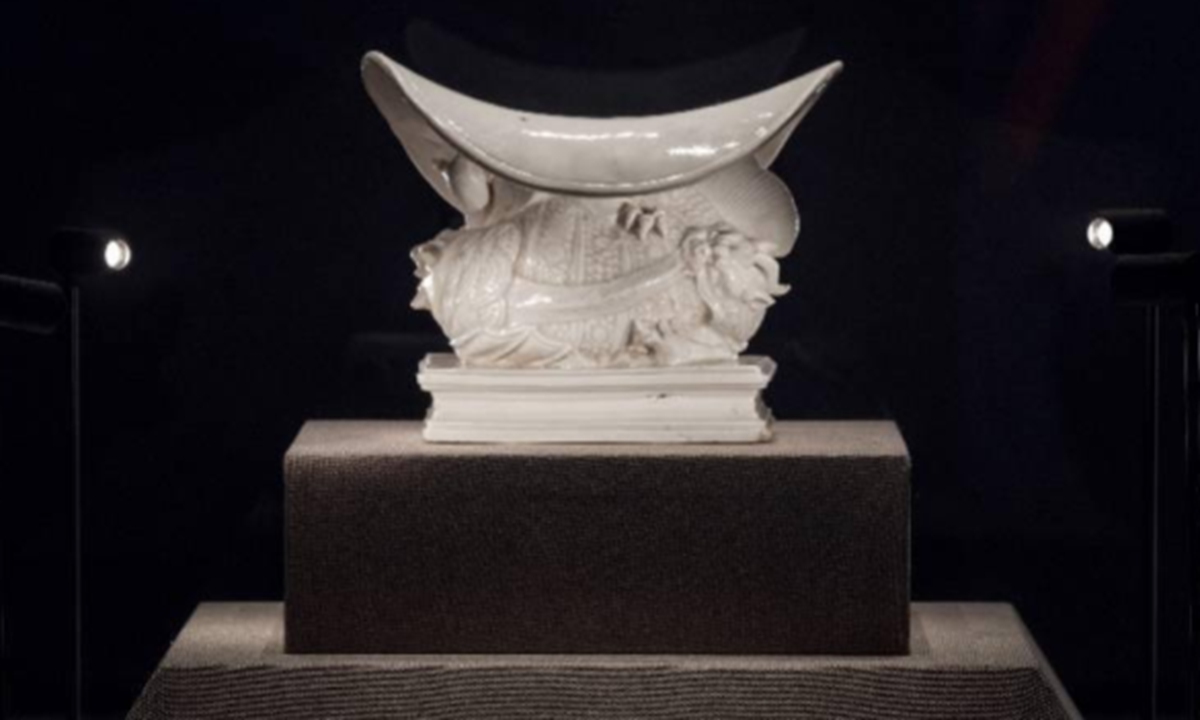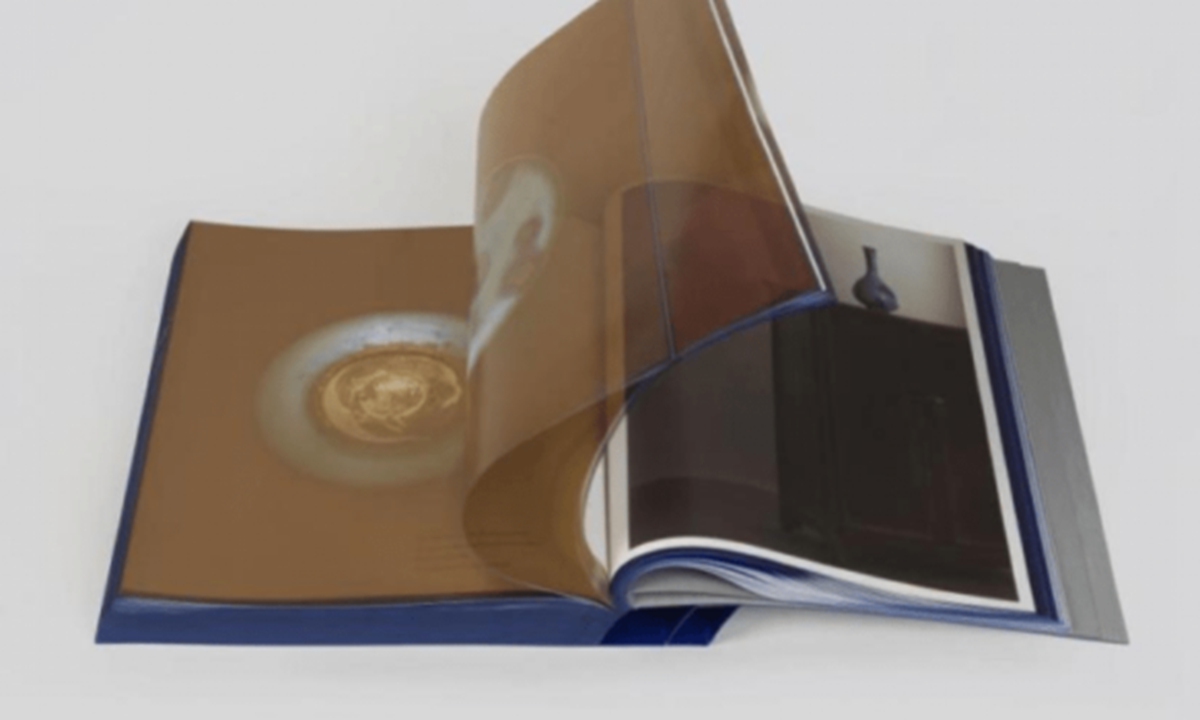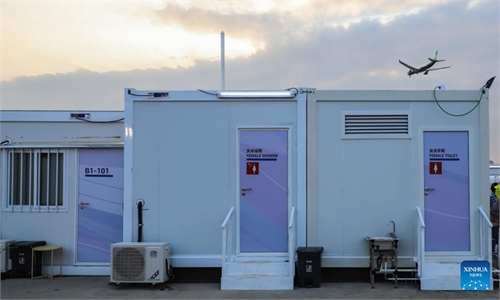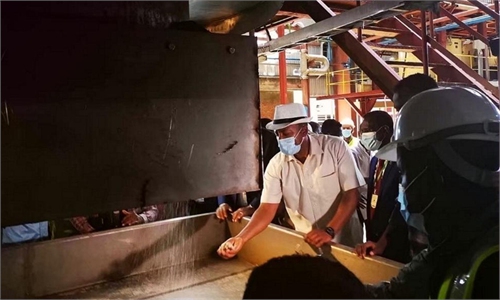ARTS / ART
Exhibition in Nanjing demonstrates the refined art of Chinese ceramics

The exhibition item Photo:Courtesy of the Deji Art Museum
An art exhibition dedicated to the refined ceramic works of the "five most famous Chinese kilns" is underway in Nanjing, East China's Jiangsu Province. The exhibition has proven so popular that its end date has now been extended to April 5, 2022.
The 50 beauties of the Song Dynasty (960-1279) exhibition display 50 ceramic works from China's five most renowned kilns - Ruyao, Guanyao, Geyao, Dingyao, and Junyao kilns - to show the diversity of Chinese porcelain culture. In addition to the five major kilns, works from the Zhanggongxiang kiln are also on display.
The Ruyao ceramics represent one of the most famous porcelain types in traditional Chinese porcelain making. It was the signature porcelain type used by the nobility during the Northern Song (960-1127) and Southern Song dynasties (1127-1279).
The works from the Guanyao kiln were known for their symmetrical and elegant finish whereas the pieces made in the Geyao kiln are distinctive for the black and brownish cracks that run through the glaze. The Junyao kiln ceramic designs were deeply influenced by the Taoist aesthetics that aspire minimalism and nature, while the Dingyao kiln was known for making pure white ceramics.

The exhibition item Photo:Courtesy of the Deji Art Museum
Deciding to forgo the traditional format for the exhibition, the curators focused on showing the works' educational, aesthetic and cultural values in today's art context by displaying them in a clear and informative way that can easily be understood by laymen.The exhibition is being held at the Deji Art Museum in Nanjing. Besides the exhibition, the museum is also hosting the Jinling Digital Art Exhibition, which shows the time-honored history of Nanjing back when it was called Jinling.



